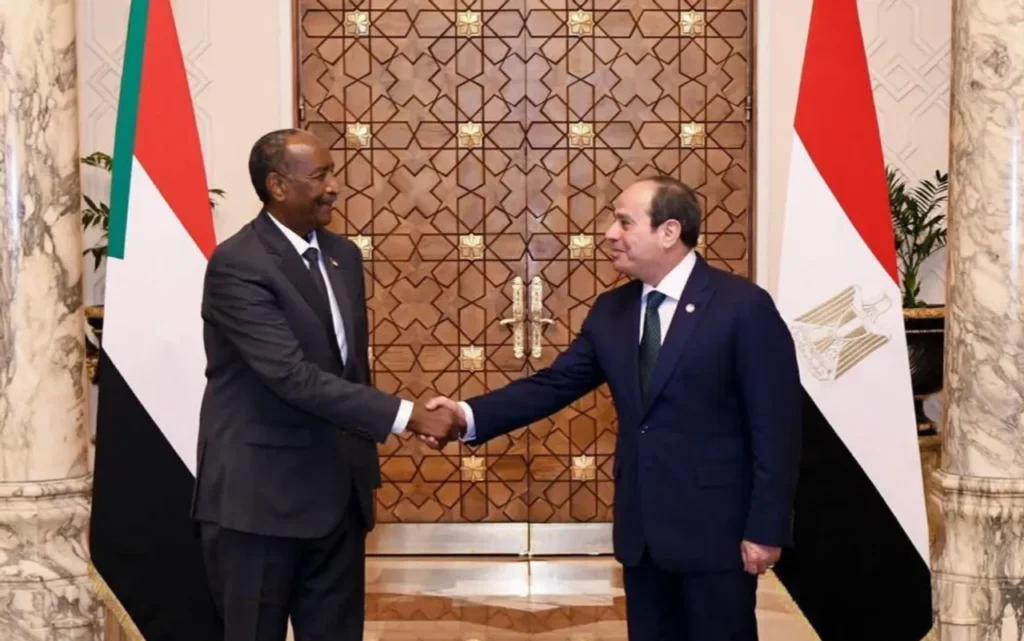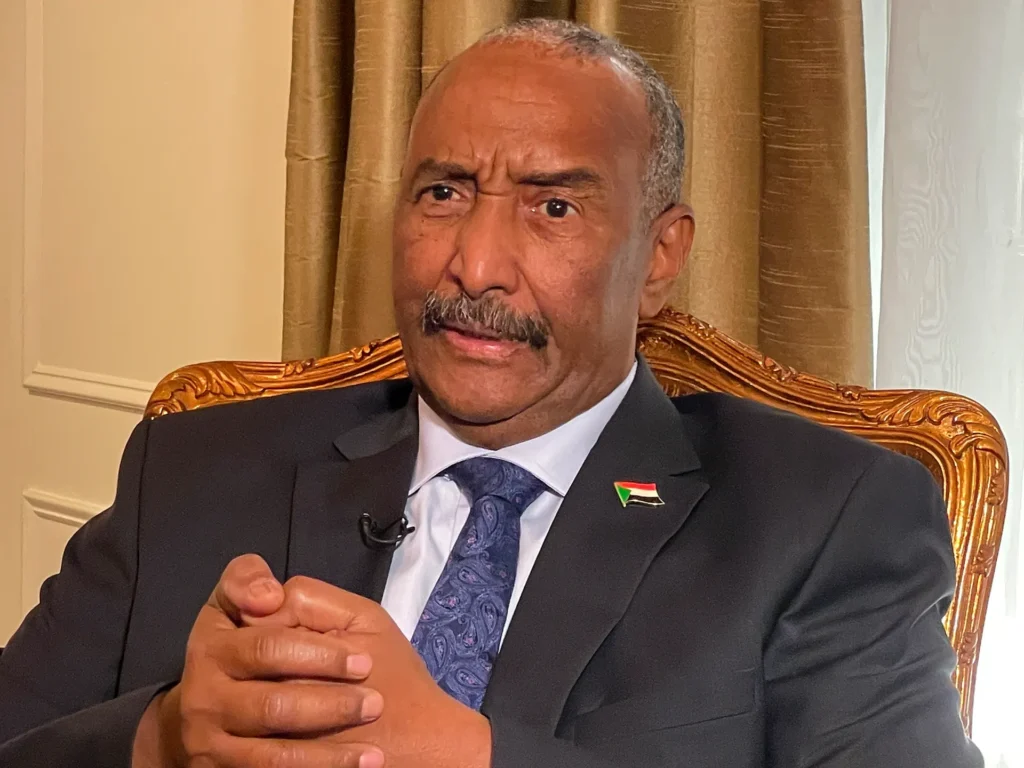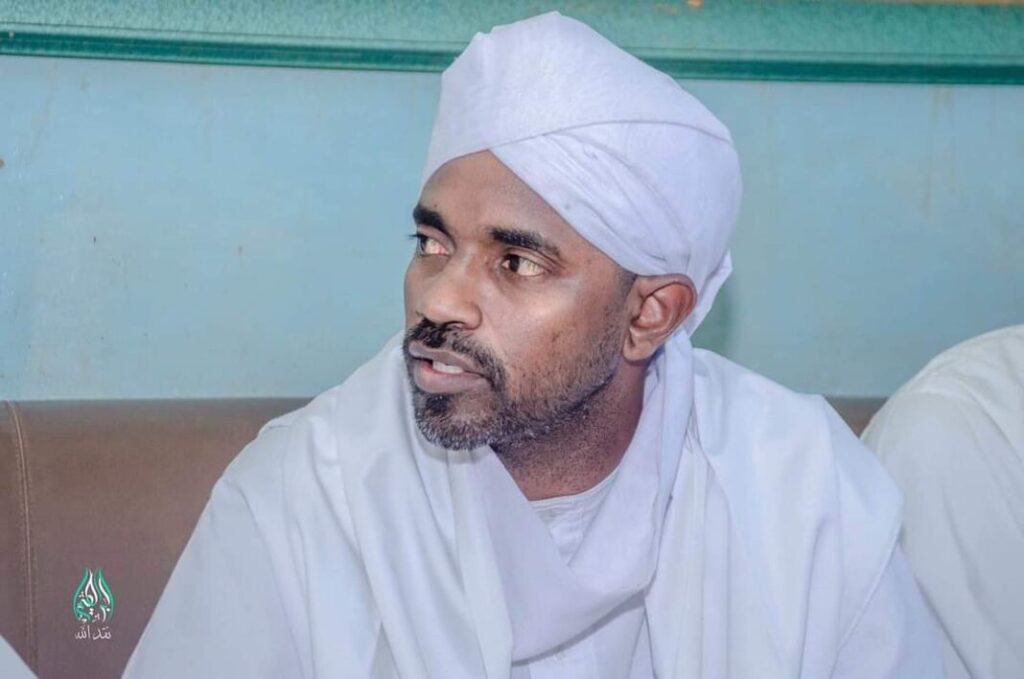
Sudan’s SAF junta in Port Sudan have turned their backs—militarily and diplomatically—on the international Quad initiative for a humanitarian truce that would allow millions of civilians to breathe, facilitate returns for the displaced, and open a pathway toward ending the war.
On the military track, Sudan Liberation Movement leader Minni Arko Minnawi said he had been directly tasked by SAF chief Abdel Fattah al-Burhan to push west toward Darfur—an order that signals fresh offensives and renewed suffering for millions of civilians.
Minnawi’s comments echoed Burhan’s recent vows to keep fighting, and followed a statement by Port Sudan’s defense minister, Hassan Kabroun, that the SAF would continue its campaign against the TASIS (Sudan Founding Alliance) forces after reviewing a U.S. ceasefire proposal—effectively a decision to stay the course of war.
Sudan is now facing what aid agencies call the world’s worst humanitarian crisis: hundreds of thousands have been killed since 2023, 12 million people have been displaced, and 21 million face high levels of acute food insecurity, according to U.N. figures cited in the report.
Diplomatically, observers were struck by Port Sudan’s ambassador to Indonesia, Yasser Mohamed Ali, who urged bringing Turkey and Qatar into peace talks as mediators—framed as a way to reach a “more just and balanced” deal.
The appeal was read as a swipe at, or a bid to dilute, the current U.S.-Saudi-UAE-Egypt “Quad” mechanism.
The piece situates these moves within a broader question: the role of Islamist currents in shaping Port Sudan’s stance—promoting continued combat in Darfur and casting doubt on the U.S.-led mediation channel—at a moment when a humanitarian pause is widely seen as urgent.




